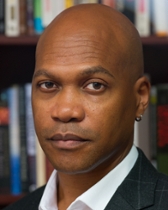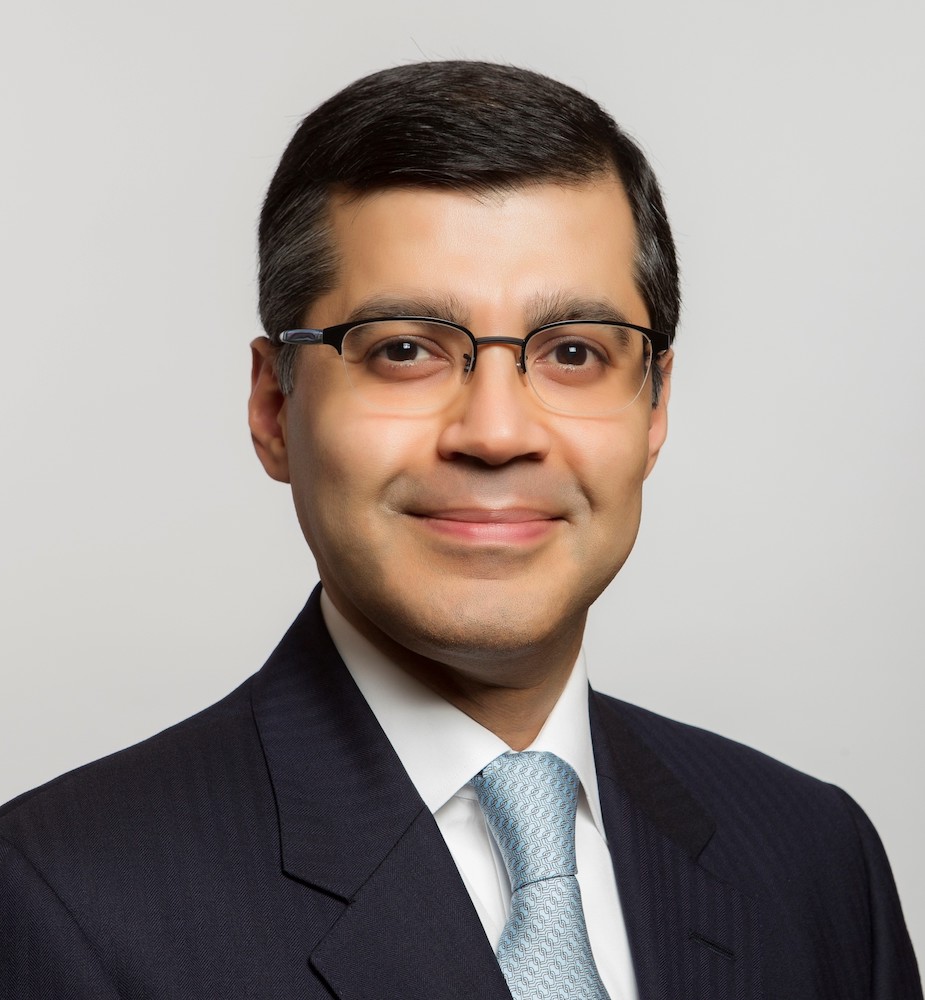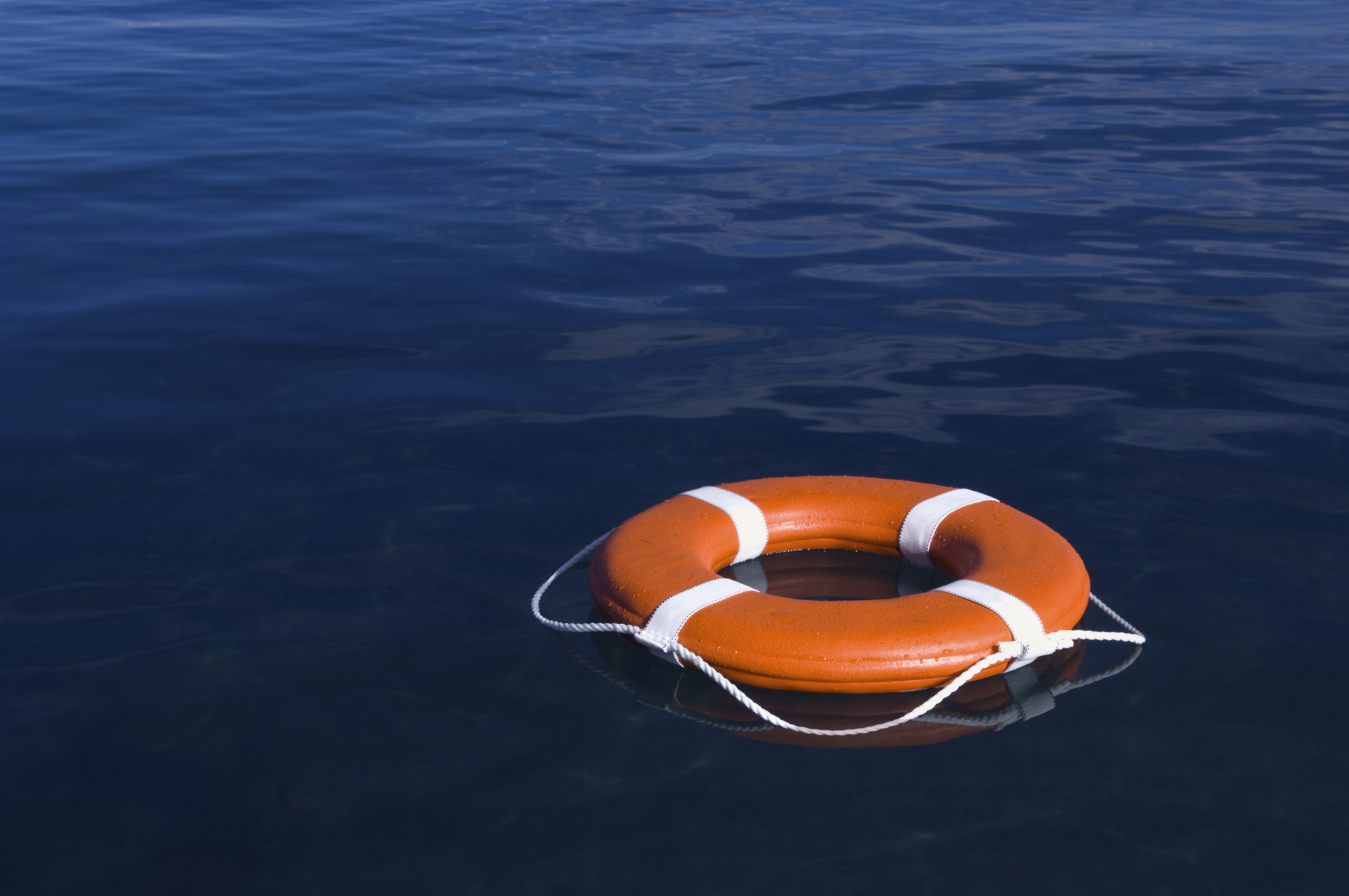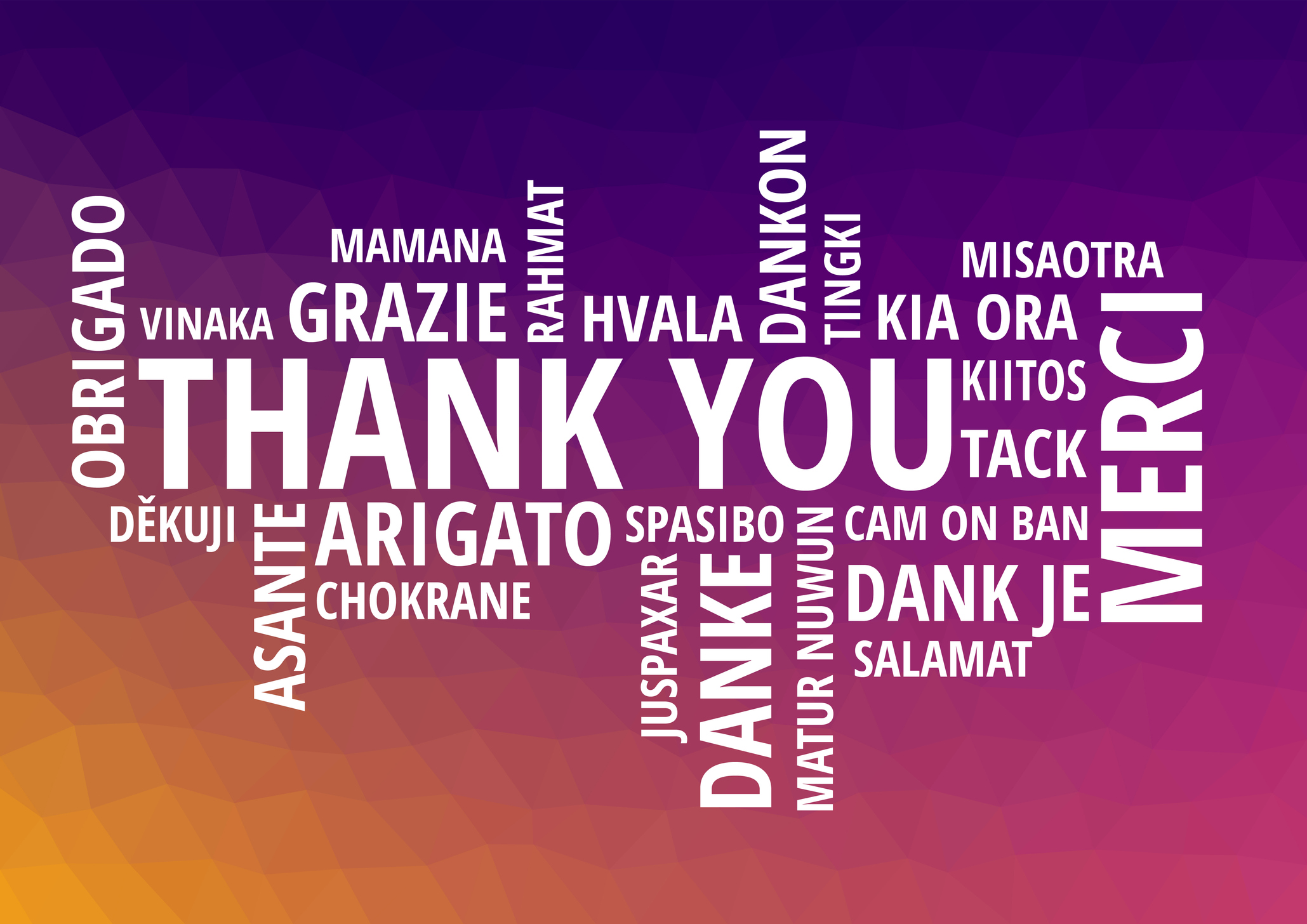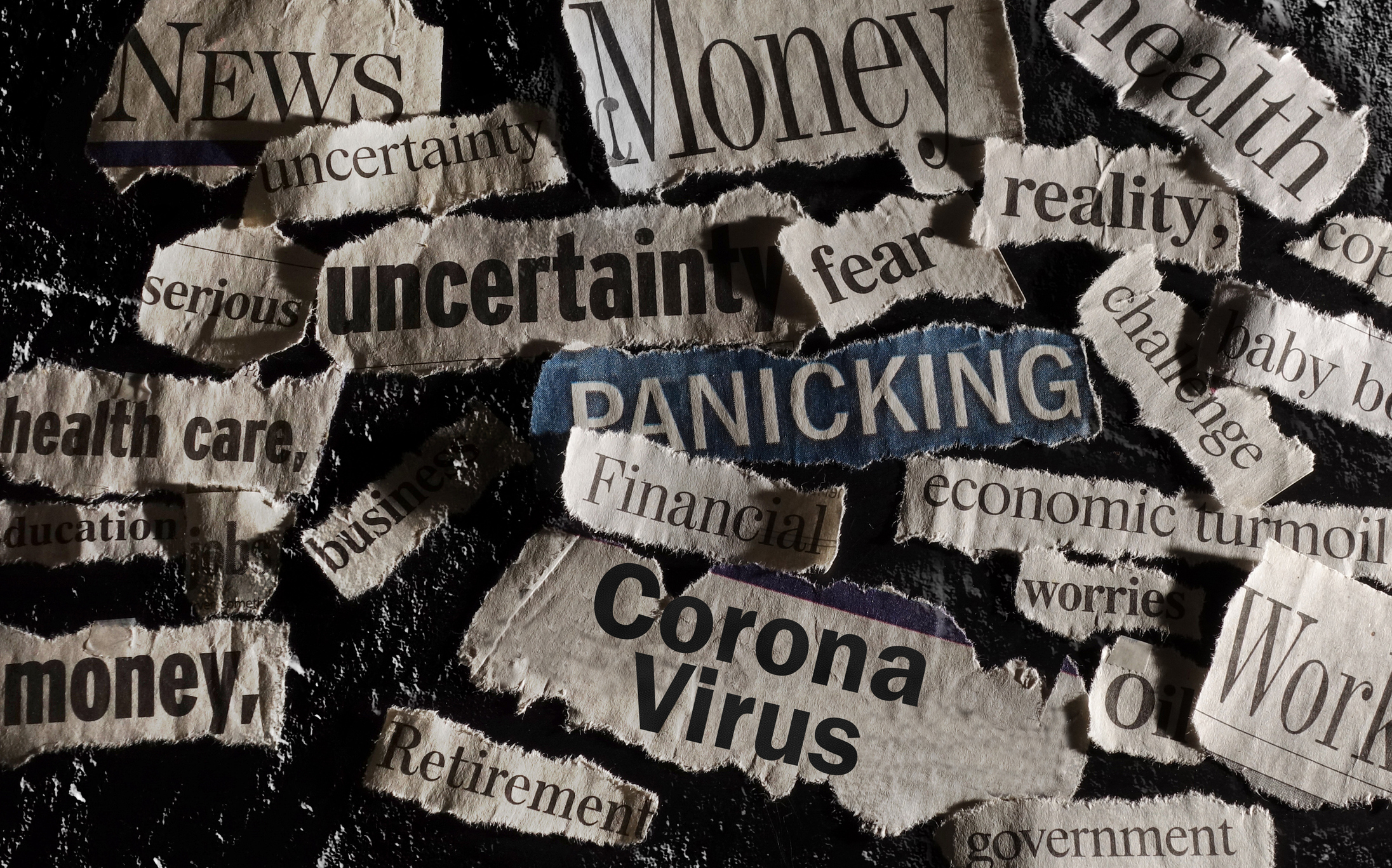Over the last year, the Northwestern Roberta Buffett Institute for Global Affairs has engaged more than 70 researchers from 27 Northwestern University departments and 9 Northwestern schools in its Idea Incubation Process.
The process offers Northwestern faculty unique opportunities to explore global problems and workshop solutions alongside practitioners, community partners and scholars from across disciplines. It encourages intellectual risk-taking, promotes dialogue around provocative new research questions, and catalyzes creative research projects with the potential for real-world impact.
On Wednesday, June 1, Northwestern Buffett hosted a showcase of the research projects stemming from its 2021-22 Idea Incubation Process. The showcase featured faculty presentations on collaborative, transnational research projects Northwestern Buffett will support in the coming year, as well as commentary from the panel of experts who judged the merits of this year’s project proposals on the basis of their potential for societal impact. The showcase also offered faculty updates from Northwestern Buffett’s existing Global Working Groups and the projects they proposed for the 2019-20 and 2020-21 Idea Incubation Workshops.
Learn about Northwestern Buffett’s Idea Incubation Process >>
This Year’s Judges
E. Patrick Johnson, Dean of the Northwestern University School of Communication
E. Patrick Johnson is the Dean of the School of Communication and the Annenberg University Professor. A scholar/artist, Johnson performs nationally and internationally and has published widely in the areas of race, gender, sexuality and performance. Johnson is a prolific performer and scholar, and an inspiring teacher, whose research and artistry has greatly impacted African American studies, Performance studies, and Gender and Sexuality studies. Read More.
Suneel Kamlani, Chairman of the Board of MUFG Securities Americas and an Independent Director of MUFG Americas Holdings Corporation
Suneel Kamlani is a senior banking executive with over 30 years of experience running global markets and investment banking businesses. He is Chairman of the Board of MUFG Securities Americas and an Independent Director of MUFG Americas Holdings Corporation, the U.S. subsidiaries of the fifth largest global banking group (Mitsubishi UFJ). Mr. Kamlani was previously Co-Chief Executive Officer of Markets and President of Global Banking & Markets at the Royal Bank of Scotland. Read More.
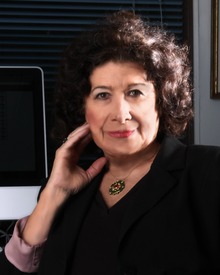 Zafra Lerman, President of the Malta Conferences Foundation
Zafra Lerman, President of the Malta Conferences Foundation
Zafra M. Lerman is an American chemist, educator, and humanitarian. She is the President of the Malta Conferences Foundation, which aims to promote peace by bringing together scientists from otherwise hostile countries to discuss science and foster international scientific and technical collaboration. From 1986 to 2010, she chaired the American Chemical Society's Subcommittee on Scientific Freedom and Human Rights. Read More.
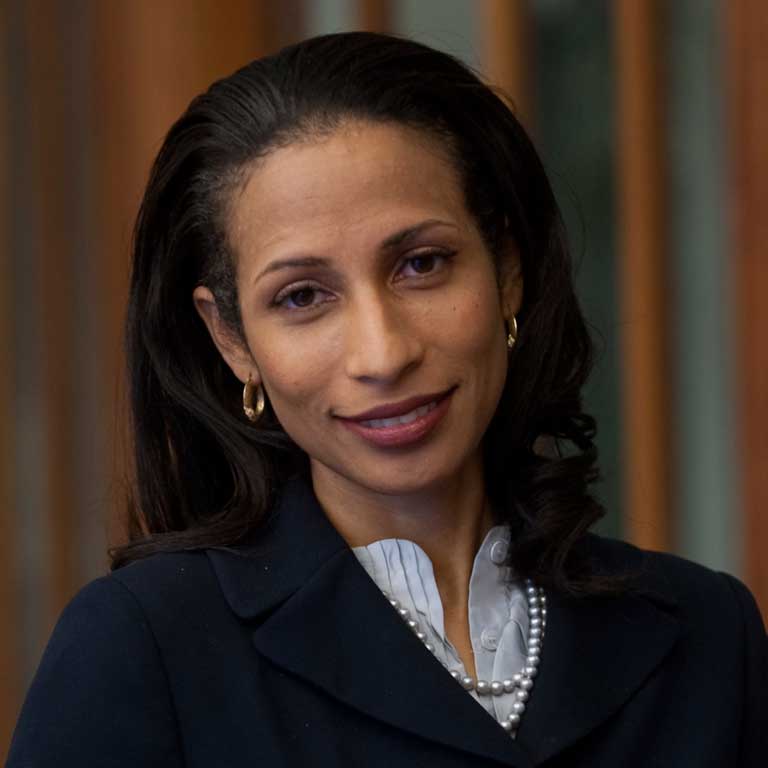 Una Osilli, Associate Dean for Research and International Programs; Efroymson Chair in Philanthropy; Dean's Fellow, Mays Family Institute on Diverse Philanthropy, Indiana University
Una Osilli, Associate Dean for Research and International Programs; Efroymson Chair in Philanthropy; Dean's Fellow, Mays Family Institute on Diverse Philanthropy, Indiana University
A global expert on philanthropy and social innovation, Dr. Una Osili has more than two decades of experience in leadership, economic policy and research across the public and private sectors. She holds the Efroymson Chair in Philanthropy and she serves as the associate dean for research and international programs and Dean’s Fellow for the Mays Family Institute on Diverse Philanthropy at Indiana University Lilly Family School of Philanthropy, the world’s first school on philanthropy. Read More.
This Year's Global Working Group Awardees
- AI and Social Movements
- Climate Crisis and Media Arts
- Defusing Disasters
- Language Curricula and Gender
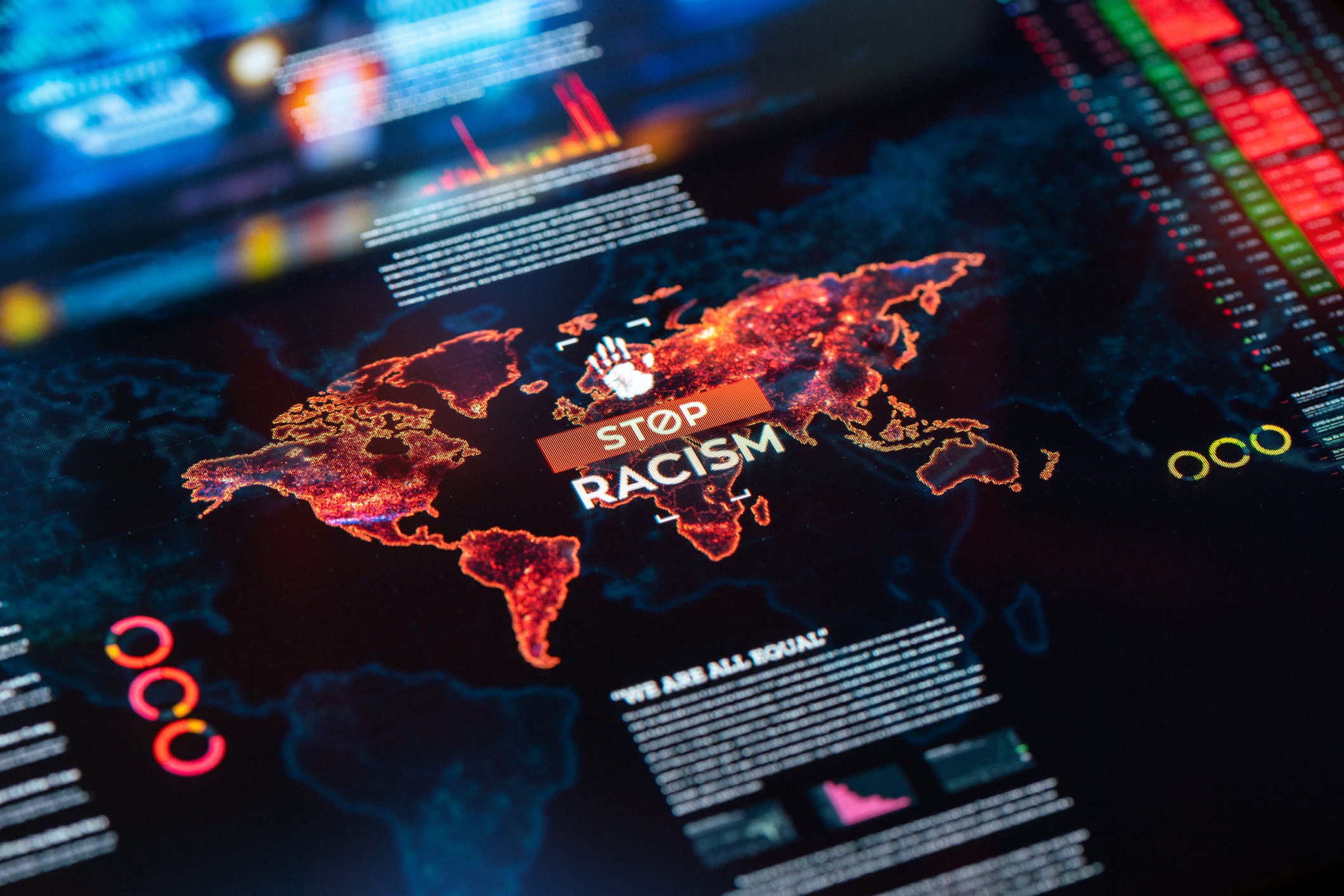
AI and Social Movements
Social movements evolve over time, and their varied activities, aims, and formations play a significant role in shaping our world of experience. However, there are few reliable platforms that allows journalists, researchers, and policy makers to gain a robust understanding of how social movements evolve and what impacts they might have in their communities. Our work aims to address the limited and fragmentary information we have of social movements by building the models necessary to comprehensively track their life-cycles.
Co-leads:
- V.S. Subrahmanian, Computer Science, McCormick School of Engineering
- Brayden King, Management & Organizations, Kellogg School of Management
Group members:
- Sirus Bouchat, Political Science, Weinberg College of Arts and Sciences
- Kate Compton, Computer Science, McCormick School of Engineering
- Jeremy Gilbert, Medill School of Journalism
- Dan Linna, Pritzker School of Law
- Aaron Shaw, Communication Studies, School of Communication
- Rob Voigt, Linguistics, Weinberg College of Arts and Sciences
Climate Crisis and Media Arts
There is no shortage of scholarly studies and media representations that frame the ongoing climate emergency as an existential problem. These works illustrate possible environmental futures to enact real change in the present. However, people around the world are already living within a changing climate. Combining the expressive power of the media arts with critical frames offered by the environmental humanities and the rigor of climate science, the Climate Crisis and Media Arts Group will illuminate the everyday experiences of people living on the front lines of the climate emergency—what climate change actually looks and feels like, and how it intersects with other pressing problems, including migration and economic inequality. The group will convene artists, scholars, activists and students, with the goal of producing empowering, public-facing and sensorial depictions of the material effects of climate change in a range of sites in China, Central America, the US-Mexico Borderlands, Southeast Asia and beyond.
Co-leads:
- JP Sniadecki, Radio/Television/Film, School of Communication
- Michael Metzger, Pick-Laudati Curator of Media Arts, Block Museum of Art
Northwestern group members:
- Corey Byrnes, Asian Languages and Cultures, Weinberg College of Arts and Sciences
- Robert Hariman, Communication Studies, School of Communication
- Kang Kang, PhD candidate, Asian Languages and Cultures, Weinberg College of Arts and Sciences
- Ginny Lee, undergraduate research assistant, Radio/TV/Film and Environmental Science
- Anto Mohsin, Liberal Arts Program, Northwestern University in Qatar
- Reynaldo Morales, Medill School of Journalism
- Lakshmi Padmanabhan, Radio/TV/Film, School of Communication
- Rasheed Peters, graduate research assistant and MFA candidate, Radio/TV/Film, School of Communication
- Jim Schwoch, Communication Studies, School of Communication
- Ines Sommer, Radio/TV/Film, School of Communication
- Calum Walter, Radio/TV/Film, School of Communication
External group members:
- Tala Hadid, filmmaker, Doha Film Institute
- Jason De Leon, Anthropology, UCLA; director, Undocumented Migration Project
- Fox Maxy, filmmaker, Cousin Collective
- Brett Story, Documentary Media, Ryerson University Toronto
- Joanne Leow, English, College of Arts and Science, University of Saskatchewan
- Rikun Zhu, filmmaker and founder of Fanhall Films
Defusing Disasters
Despite advances in our ability to predict hazardous weather events, the public health impacts of heatwaves, cold snaps, floods, and droughts remains substantial. For example, the Global Burden of Disease Study estimates that annually, approximately 1.7 million deaths are attributable to acute heat and cold exposure. To lessen the impacts of impending extreme weather events, public health officials, health systems, and emergency management teams require foreknowledge of those within their communities that are most vulnerable to extreme phenomena. The occurrence of extreme events in urban environments adds additional layers of complexity to community resilience building due to challenges associated with physical, legal, health, and social infrastructure in urban settings. Our work aims to address the complex challenges of community resilience building through the development of a community-centered approach to produce globally applicable but locally informed Hazardous Weather Vulnerability Indices.
Co-leads:
- Daniel Horton, Earth and Planetary Sciences, Weinberg College of Arts & Sciences
- George Chiampas, Emergency Medicine, Feinberg School of Medicine
Northwestern group members:
- Anne Brenneman, Disaster Management & Community Emergency Preparedness Initiative, Feinberg School of Medicine
- Jennifer Chan, Emergency Medicine, Feinberg School of Medicine
- Lorenzo Gallon, Medicine and Surgery, Feinberg School of Medicine
- Ryan Harp, Earth and Planetary Sciences, Weinberg College of Arts and Sciences
- Bill Miller, Chemical and Biological Engineering, McCormick School of Engineering
- Reynaldo Morales, Medill School of Journalism
- Aaron Packman, Civil and Environmental Engineering, McCormick School of Engineering
- Mar Reguant, Economics, Weinberg College of Arts and Sciences
External group members:
- Raed Mansour, director, Office of Innovation, Chicago Department of Public Health
Language Curricula and Gender
Curriculum processes are not neutral and although many have explored inequalities in education, few have delved into exploring these processes, everyday practices of teaching and learning, and how they contribute to promoting inequalities. Language curricula in particular may play a significant role in contributing to or reifying stereotypes and perpetuating discrimination. Our primary objective is to investigate how language pedagogy might be marshalled to help advance gender equity in education and beyond. Ultimately, our goal is to better understand the ways that language curricula reinforce, exacerbate, or disrupt cultural assumptions and stereotypes about gender and to develop resources – both actual materials and community connections – that will enable language instructors to think critically and teach dynamically about the ongoing social phenomenon of language. Our work seeks to expand inclusivity through curricular changes that reconceptualize the language classroom as spaces for critical reflection and language proficiency.
Co-leads:
- Marcelo Worsley, Computer Science and Education and Social Policy, School of Education and Social Policy
- Rana Raddawi, MENA Languages, Weinberg College of Arts and Sciences
Group members:
- Franziska Lys, German, Weinberg College of Arts and Sciences
- Ragy Mikhaeel, MENA Languages, Weinberg College of Arts and Sciences
- Julia Moore, English Language Programs, The Graduate School
- Gregory Ward, Linguistics and Philosophy, Weinberg College of Arts and Sciences
- Ana Williams, Spanish & Portuguese, Weinberg College of Arts and Sciences
This Year's Global Catalyst Grant Group Awardee
Remaking Media and Mental Health Across Cultures
In an age of unprecedented global distress, what is the role of media in shaping discourses, representations, and experiences of mental illness? Western media narratives have extraordinary global reach, and when combined with the growing incorporation of psychiatry into multilateral health organizations, Western frameworks and treatments are increasingly defining mental health/illness. What other narratives of mental health might be told? What experiences of distress and resilience are obscured by these dominant frameworks? Remaking Media and Mental Health Across Cultures is a research-driven, interdisciplinary project that seeks to wield the transgressive power of visual storytelling to reimagine representations of mental illness.
Co-leads:
- David Tolchinsky, Radio/Television/Film, School of Communication
- Rebecca Seligman, Anthropology, Weinberg College of Arts & Sciences
- Peter Locke, Global Health Studies, Weinberg College of Arts & Sciences
Group members:
- AJ Christian, Communication Studies, School of Communication; founder, Open TV
- Erin Courtney, Radio/TV/Film, School of Communication; playwright/screenwriter
- Katherine Erskine, graduate assistant and PhD candidate, Screen Cultures, School of Communication

